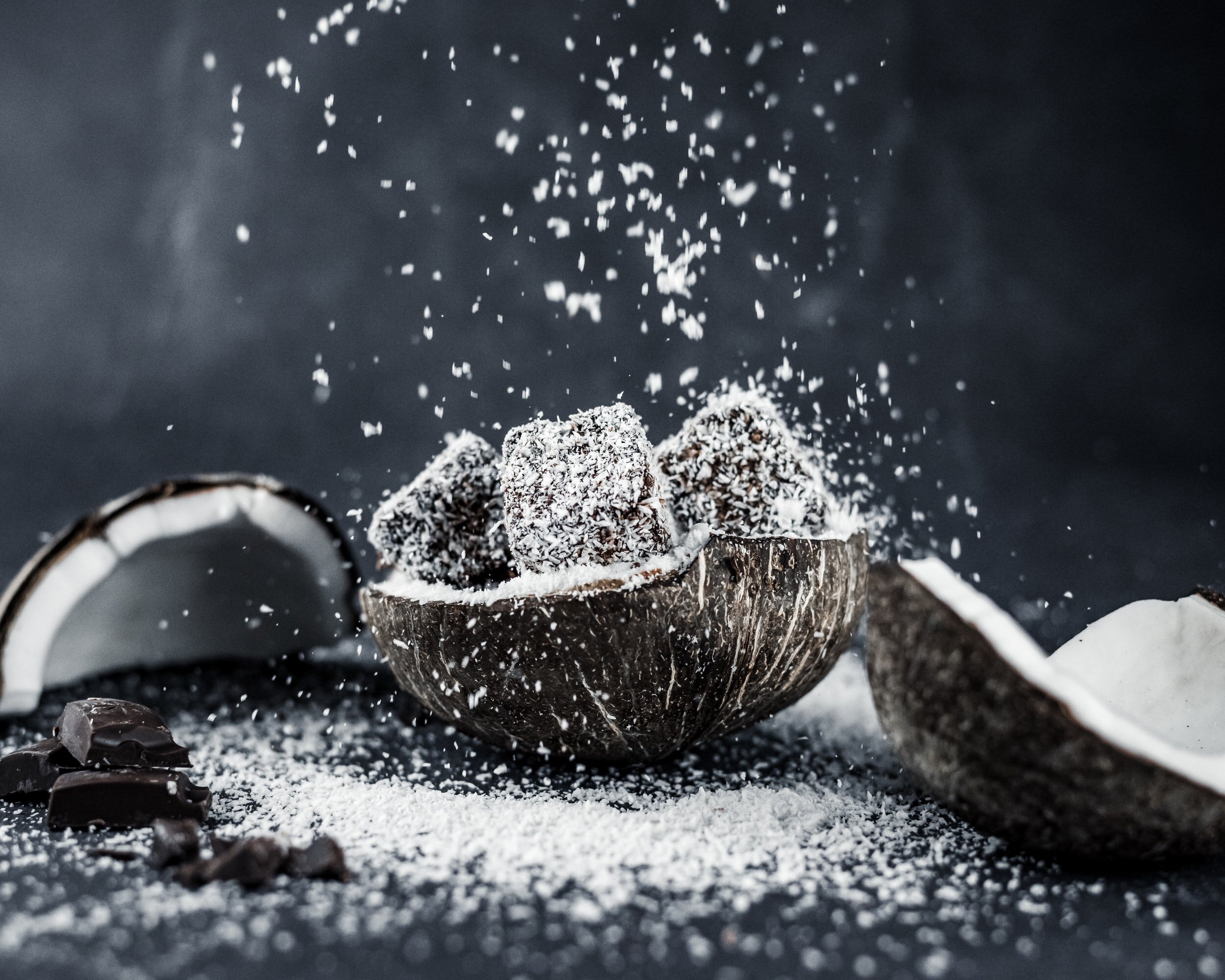Comparing Sweeteners Part 2: Current Trends in Sweeteners
A few months ago, I compared different sweeteners commonly used in tea (and some not so common, like the surprisingly beneficial molasses). After a positive reaction on Instagram, I have decided to look into sweeteners that I see trending right now. And I’m very excited to share that this blog post in in collaboration with one of my favorite tea companies—Embrew. Be sure to check out their blog post to read more about what sweeteners to pair with different kinds of tea.
Maple Syrup
Maple syrup is a common sweetener for tea, especially in the fall, and is often claimed to be healthier than sugar. According to Coombs Family Farms (and a little math, for comparison purposes), a tablespoon of maple syrup has about 50 calories and 13.25 grams of carbohydrates. Maple syrup is really high in manganese, and moderately high in riboflavin and zinc. It also has small amounts of magnesium, calcium, potassium, and sodium.
Coconut Sugar
Coconut sugar, also called coconut palm sugar, is definitely the trendiest sugar right now. Brands claim that it is lower in carbohydrates and more natural than regular sugar, and that it is high in minerals. According to the USDA, it has approximately the same number of carbohydrates (and calories) as regular sugar. It may have a lower Glycemic Index, but I have learned in my nutrition classes that the glycemic index is not a very accurate measure and is therefore not actually recommended to be used. Additionally, I wouldn’t say that coconut sugar is more natural than regular sugar as even refined sugar comes from sugarcane, but I would say that it is less processed than regular sugar.
The fact that it is less processed may mean that it is true that coconut sugar is higher in minerals than regular sugar. Based on the USDA’s FoodData Central, brandless 1 tablespoon of coconut sugar is said to have 90mg of calcium, but no other nutrients (besides carbs, obviously). Some specific brands do have potassium and sodium, though each one has varying amounts.
What is great about coconut sugar is that it can be sourced fairly sustainably. I actually found this out through Ashley from Embrew, who informed me that it comes from the coconut flower before it turns into a coconut. Which brings me to another thing I love about Embrew: their commitment to responsible sourcing. If sustainable sourcing is something that is important to you too, coconut sugar may be a good choice for you.
Jaggery
Jaggery is a sweetener that was introduced to me by Ashley from Embrew. It is an unrefined sugar product made in Africa and Asia that actually goes by many names, including Gur in India and Panela in Colombia. It is also made from sugarcane, and 1 tablespoon has approximately 47 calories (about the same as other kinds of sugar). But because jaggery is not refined like regular (or even raw or organic) granulated sugar, the molasses remains intact, keeping many of the vitamins and minerals in the product. I have found vastly different amounts of calcium and phosphorus (and protein) reported, but sources seem to agree that 1 tablespoon has about 1mg of iron. According to one source, 1 Tablespoon also has approximately 10mg of magnesium, 132mg of potassium, 7mg of phosphorus, and 3mg of sodium, as well as very small amounts of the minerals manganese, zinc, copper, and chloride. As for vitamins, 1 tablespoon of jaggery has approximately 14mg of Vitamin E, as well as very small amounts of Vitamins A, B1, B2, B5, B6, C, and D. Based on these health benefits, I understand why jaggery is popular in so many countries, and I could see it gaining popularity in the United States and beyond.
So What’s the Tea?
As always, I say go with whatever sweetener you like best—even if that means different sweeteners for different teas. But, if you’re looking to try a new sweetener, especially one that may have a few more beneficial nutrients, I highly recommend giving these three a try. And don’t forget to check out Embrew for sweetened tea bags with some of these as well as other sweeteners.
—
Like this article? Read more like it here:
What Kind of Milk Should You Use for Your Tea? Comparing Regular and Plant-Based Milks

